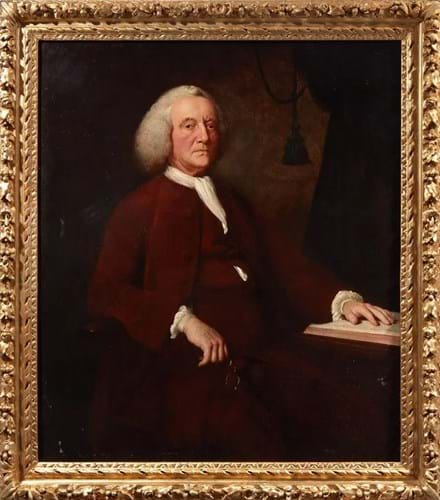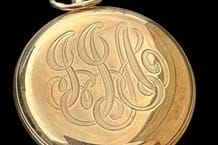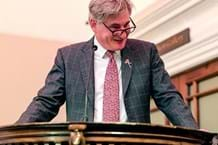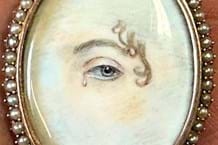
An unrecorded portrait of Benjamin Franklin (1706-90) attributed to Mason Chamberlin, $50,000-80,000 at Freeman’s Hindman.
Recently found in Italy, the new discovery bears striking similarities to the well-known portrait of the Founding Father by Royal Academician Mason Chamberlin (1727-87) in the collection of the Philadelphia Museum of Art.
Freeman’s Hindman dates its picture to c.1778, 16 years after the portrait in the PMA was commissioned by the Virgina landowner Colonel Philip Ludwell III. In 1762 Chamberlin had painted his subject from life in London, showing Franklin seated in his study surrounded by three of his experiments. Franklin was delighted with the results and distributed copies of the mezzotint (later made by the engraver Edward Fisher) to his friends for the next ten years.
Later work
This later work, offered for sale on April 30 as part of an auction of American Furniture, Folk and Decorative Arts, shares many of the same characteristics. Although Franklin is shown as an older gentleman, he is seated in the same chair and at the same table in the same room. In both works, Franklin wears a powdered wig with its distinctive center-front top knot and a brown suit with covered buttons.
However, while in the PMA's portrait the sitter is depicted as a scientist, in the later picture he is shown with spectacles and an open book as a philosopher or a statesman.
An inscription to the reverse of the canvas verso references an earlier attribution to the Venetian artist Pietro Longhi (1701-85). However, the auction house believe it could be by Chamberlin, painted around two years after the Declaration of Independence.
The discovery of the portrait in an Italian collection is not quite as incongruous as it may first sound. The portrait has a long history in Italy where, through his diplomatic missions and Enlightenment thinking, Franklin was well known. His impact on political, social and economic aspects of Italian life is the subject of the book Benjamin Franklin and Italy by Antonio Pace (1958).





